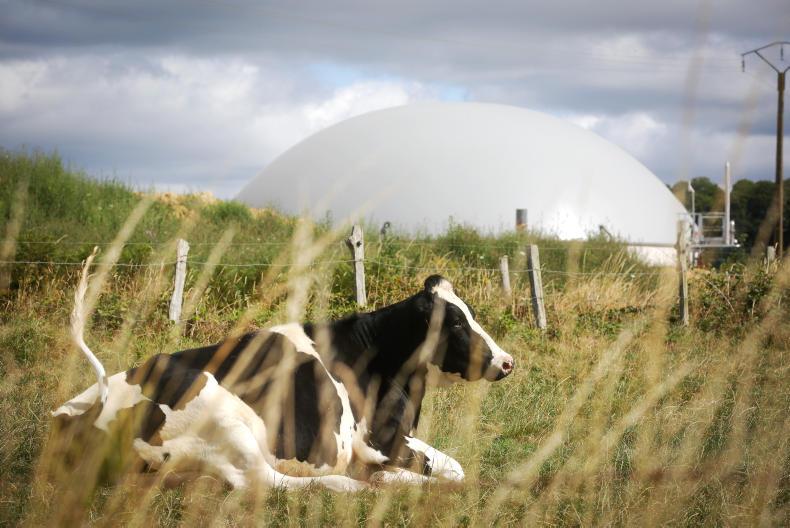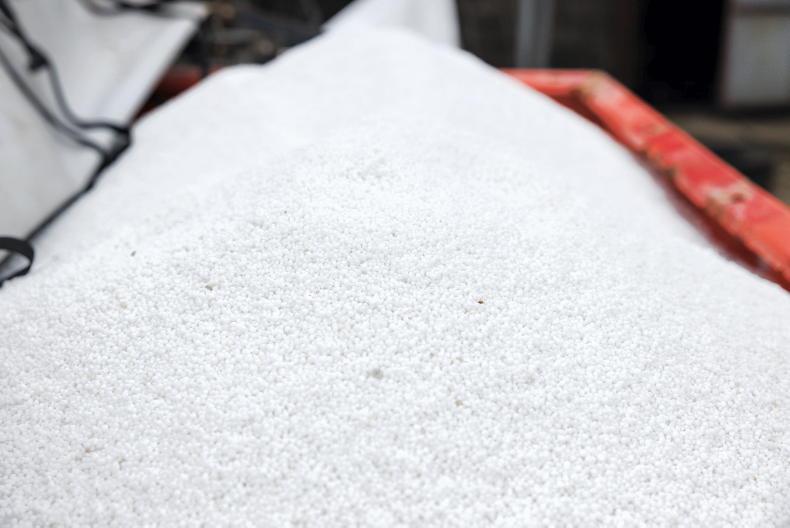Farmers should get ready now and keep lobbying for inclusion in Government policy if they are to grab a piece of the action.
Under pressure from European 2020 targets for Ireland to generate 16% of its energy from renewables and cut 20% of its greenhouse gas emissions from a range of sectors including agriculture, Minister for Communications, Climate Action and the Environment Denis Naughten is presenting the much awaited Renewable Heat Incentive scheme this week. A Renewable Electricity Support scheme will follow next year. The last budget restored agricultural tax relief for land used in solar farms.
The energy regulator has just published proposed new rules that will reshuffle the queue of renewable electricity projects waiting in favour of the more realistic ones. Meanwhile, the national gas network is now showing interest in collecting biogas from the huge potential that lies on Ireland’s farms.
All is not so rosy, however. The last-minute ditch to meet EU targets means that Government policy could favour the cheapest, fastest delivery of large amounts of renewable energy (think large wind turbines owned by foreign investors) instead of developing sustainable industries in rural Ireland. State-owned Bord na Móna’s recent decision to invest €60m into a wood pellet plant in the US illustrates this risk.
Radical change
On a recent visit to Dublin, Dr Christoph Frei, secretary of the World Energy Council, painted the picture of a global sector that will change radically over the coming decades under the effects of climate change, increased efficiency and smarter, decentralised management of real-time energy supply and demand through digitalisation.
Yet he added that energy choices are very difficult to turn around in an industry where more than 50% of capital is sunk into long-term infrastructure.
Farmers must keep on top of a business that may in time become as big as dairy or beef, as renewables inexorably replace fossil fuels.









SHARING OPTIONS